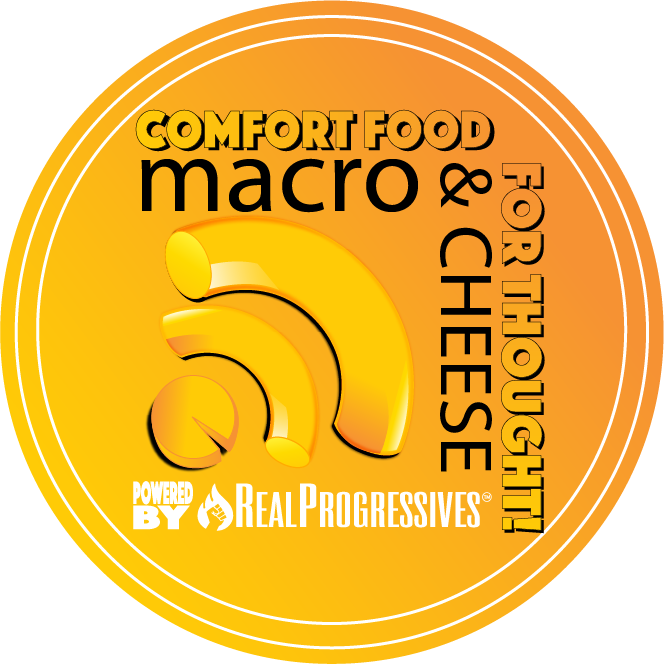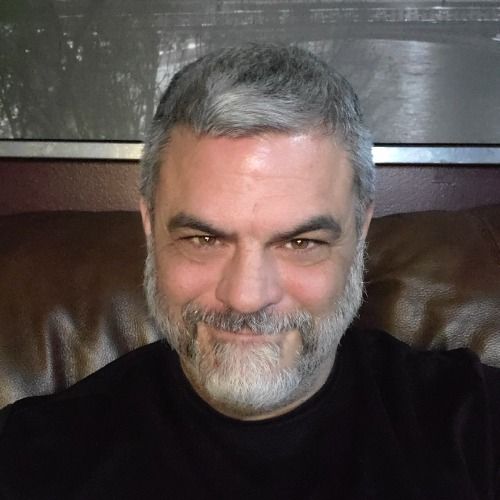Examining China with an MMT Lens with Yan Liang
This week’s episode is another chapter in our mission to educate ourselves about modern China. Yan Liang specializes in Modern Money Theory, international trade and finance, and economic development, with a special regional focus on China. She is also the wife of friend-of-the-podcast Eric Tymoigne.
Steve and Yan discuss the truth and misconceptions about the ongoing competition between the US and China. It has created winners and losers, with the working class in both countries affected by globalization. Trade war is class war.
The explanation for China’s growth is sometimes attributed to market reform and opening itself to trade, but Yan points to the role of the state in financing development, formulating industrial policies, and building infrastructure, both hard and soft. Policymakers are beginning to tighten the grip on private enterprise as they plan to grow China in a more sustainable way, unlike in the past, where extensive growth was a major driving force.
US officials pay lip service to job creation while ceding power to private corporations. Steve compares the role of government:
It seems like in China it's a little bit more egalitarian. The wealth gap is not as severe, and there is more universal opportunity at some level for leading a life without the precarity. Everything seems to be taken care of with a mindset of empowering and improving the lives of Chinese citizens.
Market reform brought about widening inequality in China, between urban and rural, and between east and west. But public healthcare and pensions guarantee certain protections and the Ji Xinping administration’s “common prosperity” policies are further addressing inequality.
There is a crackdown in the tech sector; they are trying to solve the so called three mountains on people's back: education, housing, and healthcare. So, this idea of common prosperity is really trying to elevate even more that egalitarianism that I think gradually eroded in China because of market reform and opening up.
This interview looks at China’s use of capital controls, its shift to sustainability, and the role of Taiwan as a focal point for US economic interests and propaganda (and its strategic position in the semiconductor industry.) They talk about the meaning of human rights, which is seen by the Chinese as the right to a livelihood and freedom from poverty.
Finally, Yan talks about the possibility of the Chinese accepting MMT and how it would affect the respective roles of central and regional governments.
Yan Liang is Peter C. and Bonnie S. Kremer Chair, Professor of Economics and Chair of International Studies at Willamette University. She is also a Research Scholar at the Global Institute of Sustainable Prosperity. Yan specializes in Modern Money Theory, International Trade and Finance, Economic Development, with a special regional focus on China.
@YanLian31677392 on Twitter


